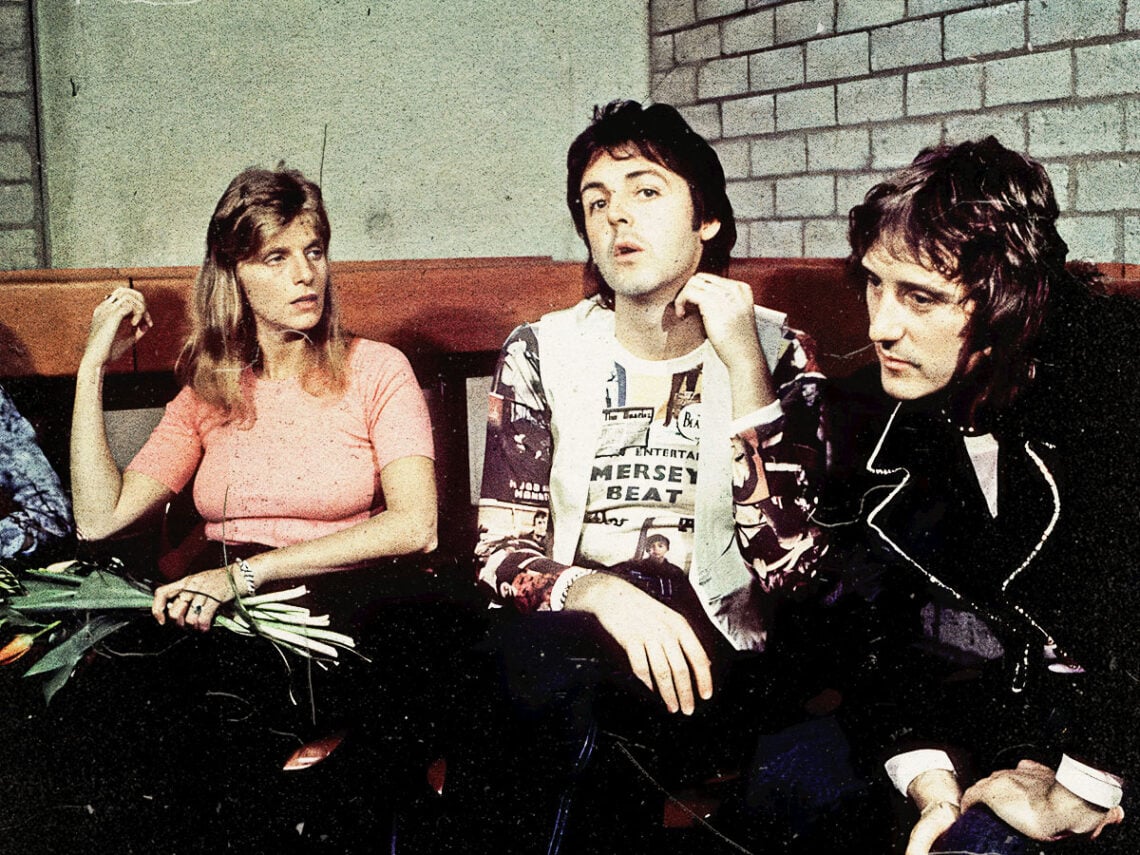Although that famous Alan Partridge line was intended to outline the character’s Richard Madeley-esque trappings, it has since resonated with a new audience. It is now a commonly held belief among some Millennials and Gen Z that Wings were, in fact, a better band than The Beatles. While the question of what better means is a major one, in terms of significance, the Fab Four trounce Paul McCartney’s ensuing act.
However, there’s no denying that Wings were a brilliant outfit. At the end of The Beatles, McCartney was allowed to move in the direction he’d always wanted to, experiment with his unique form of surreal pop, and blend it with an art rock sensibility. The group’s winding decade of existence created an oeuvre as eclectic as any of the era, headed up by McCartney and his wife, Linda.
Wings committed themselves to several notable moments, including their 1977 Christmas number one ‘Mull of Kintyre’ and their innovative final album, 1979’s Back to the Egg. However, for most fans, their best two efforts are 1973’s Band on the Run – McCartney’s most successful post-Beatles work – and its 1975 follow-up, Venus and Mars. Despite it being a close contest, the inclusion of the title track, ‘Jet’ and ‘Let Me Roll It’, see the former win it as their finest.
Band on the Run is also significant because it emerged from great strife for the McCartneys and Wings. Its predecessor from earlier that year, Red Rose Speedway, was a commercial success but received mixed reviews. At the time, the group was also experiencing internal difficulty, with guitarists Henry McCullough and Denny Laine criticising some of its material.
Shortly after the tour for the record, McCullough and drummer Denny Seiwell quit, another hindrance, as the departures came just before the group headed to Lagos, Nigeria, to record what became Band on the Run. This reduced Wings to a trio of the McCartneys and Laine. In one of rock’s greatest examples of grit, though, the band rallied, with McCartney helming bass, drums and most lead guitar parts.
Wings weren’t out of the woods just yet, though. While the band had all but dodged the issues of the departures, the studio was poor, and the environment in Nigeria was uneasy following the 1970 civil war and the rise of the military dictatorship. Despite working through such conditions as best as they could, the trio were robbed at knifepoint and lost a bag of demo tapes and lyrics. That was the final straw, and they returned to England to finish the record. Luckily, though, their fortunes would change. After ‘Jet’ and the title track became global hits, Band on the Run became the group’s ultimate triumph.
When speaking to Sounds in 1976, Linda reflected on the tense period that gave way to Band on the Run. Describing the making of it as “almost a relief for Paul”, as he had the people who cared about him and the project with him, she then pondered what made the 1973 album better than Venus and Mars. One surprising reason offered was her husband’s drumming.
Linda said: “I don’t know why Band On The Run is better than Venus And Mars. I guess maybe it’s Paul’s drumming. I remember Keith Moon asking me who played drums on that album. I just can’t say why that album was a hit. I remember hearing a bit of ‘Jet’ and not liking it that much. But then Paul started to build on it. He wanted that one to be totally mad.”
Every now and again, McCartney remembers how much he loves music, with Band on the Run being a perfect reminder of why he chose such a career. He cancelled out “the hell” engulfing him and committed to bringing a masterwork to life. This spirit was always key to his success, even in The Beatles.



